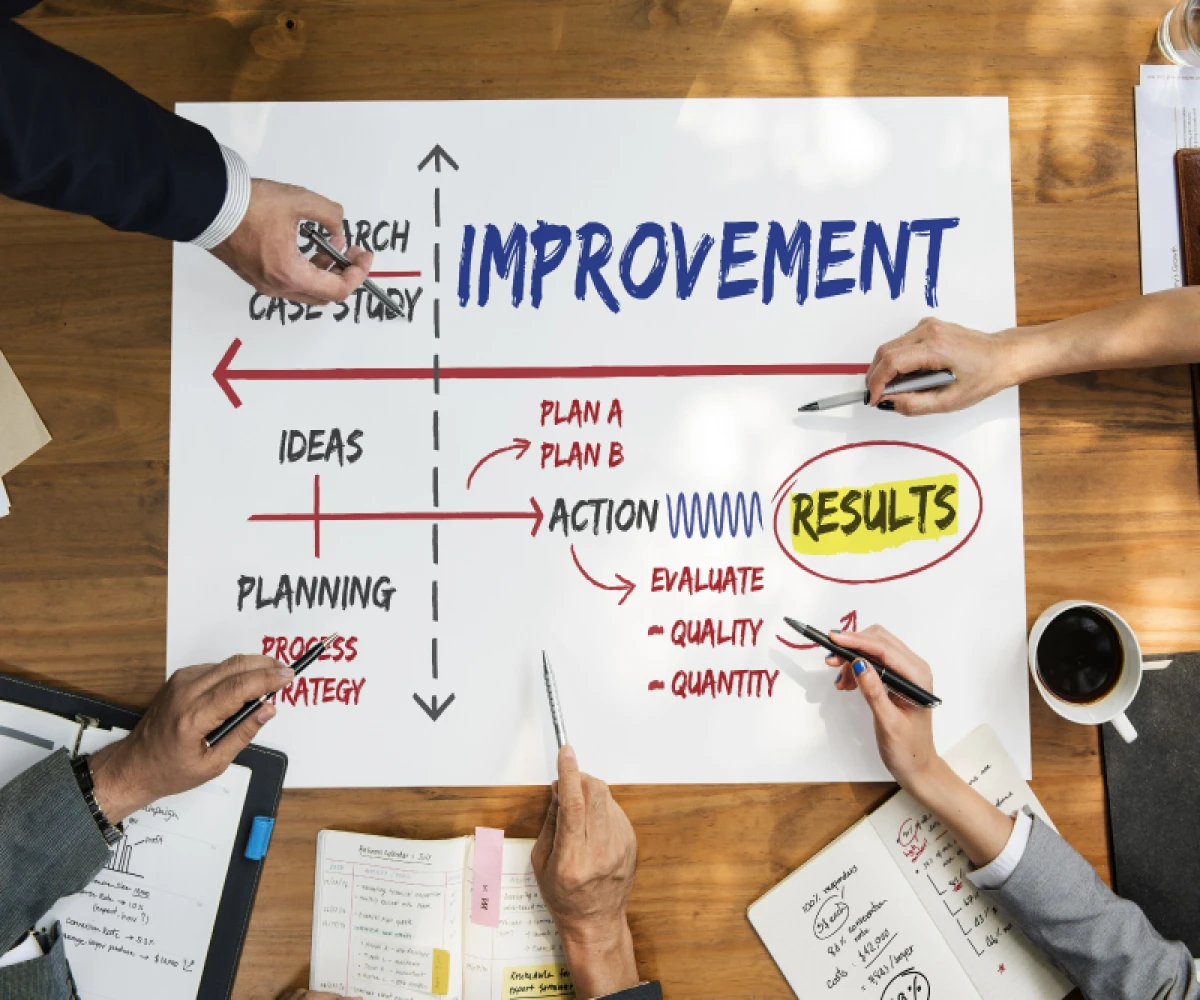
10 most used project management methodologies, with examples from real-world companies.
Conquering Chaos: 10 Project Management Methodologies to Tame Any Task
Project management - those two words can inspire chills or cheers, depending on your past experiences. But fear not, brave taskmasters! Choosing the right methodology can transform your next project from a swirling vortex of deadlines and missed milestones into a symphony of teamwork and triumph.
In this blog, we'll explore the 10 most used project management methodologies, complete with real-world examples to inspire your own success. Grab your virtual notepad and buckle up!
1. Agile: Embrace the constant dance of change! Agile is an iterative and incremental approach, breaking projects into bite-sized sprints. Think of it as building with Legos, one piece at a time, adapting as you go.
Real-world example: Spotify uses Agile to constantly update its music platform. Each sprint releases new features based on user feedback, keeping their app fresh and responsive.
2. Waterfall: Think brick-and-mortar construction - plan, build, complete. Waterfall follows a linear sequence of phases, ideal for well-defined projects with strict requirements.
Real-world example: NASA's Mars missions rely on Waterfall. Precise planning and execution are crucial for launching rockets and landing rovers on distant planets.
3. Scrum: Picture a rugby scrum - a team pushing together towards a common goal. Scrum uses sprints, roles (Product Owner, Scrum Master, and Development Team), and ceremonies to keep everyone focused and moving forward.
Real-world example: Google Chrome development thrives on Scrum. Short sprints allow for rapid prototyping and testing, optimizing the browser for speed and functionality.
4. Kanban: Visualize a flowing river of tasks! Kanban uses boards and cards to track work in progress. Tasks move through columns - To Do, In Progress, Done - providing clear visibility and preventing bottlenecks.
Real-world example: Pinterest utilizes Kanban to manage its vast image library. Boards categorize pins by theme, ensuring efficient organization and discoverability.
5. Lean: Waste not, want not! Lean focuses on eliminating inefficiency and delivering maximum value. Think Toyota's production systems - continuous improvement and optimization.
Real-world example: General Electric adopted Lean principles to streamline its manufacturing processes. This resulted in shorter production times, lower costs, and improved customer satisfaction.
6. Six Sigma: Precision is key! Six Sigma uses statistical analysis to identify and eliminate defects, aiming for near-perfect outcomes. Think of it as quality control on steroids.
Real-world example: Motorola used Six Sigma to dramatically reduce defects in its mobile phones, boosting customer loyalty and market share.
7. PRINCE2: Structure brings stability! PRINCE2 is a comprehensive project management framework emphasizing detailed planning, risk management, and stakeholder engagement.
Real-world example: The UK government relies on PRINCE2 for large-scale public infrastructure projects like the Crossrail tunnel in London.
8. Critical Path Method (CPM): Find the quickest route! CPM identifies the critical tasks (the "path") that determine a project's overall timeline. Delays in these tasks have the greatest impact, so focusing on them optimizes resource allocation.
Real-world example: Construction companies use CPM to plan and execute complex building projects, ensuring timely completion and avoiding costly delays.
9. Critical Chain Project Management (CCPM): Buffer the blast zone! CCPM focuses on managing project buffers instead of individual tasks. This protects the critical path from resource constraints and unforeseen challenges.
Real-world example: Boeing implemented CCPM in its aircraft development, resulting in shorter production times and improved on-time delivery of planes.
10. Lean Startup: Build, measure, learn! This methodology emphasizes rapid prototyping and experimentation to validate business ideas. Think of it as building minimum viable products and iterating based on user feedback.
Real-world example: Dropbox, Airbnb, and Groupon all started with Lean Startup principles, quickly testing their ideas and pivoting based on market response.
Remember: There's no one-size-fits-all methodology. The best approach depends on your project's unique needs and team dynamics. Experiment, combine elements from different methodologies, and find what works best for you!
So, unleash your inner project management maestro! With these diverse methodologies in your toolkit, you'll conquer any task and turn project chaos into controlled confidence.
Now, it's your turn! Share your project management experiences and favorite methodologies in the comments below. Let's build a community of project management champions!


